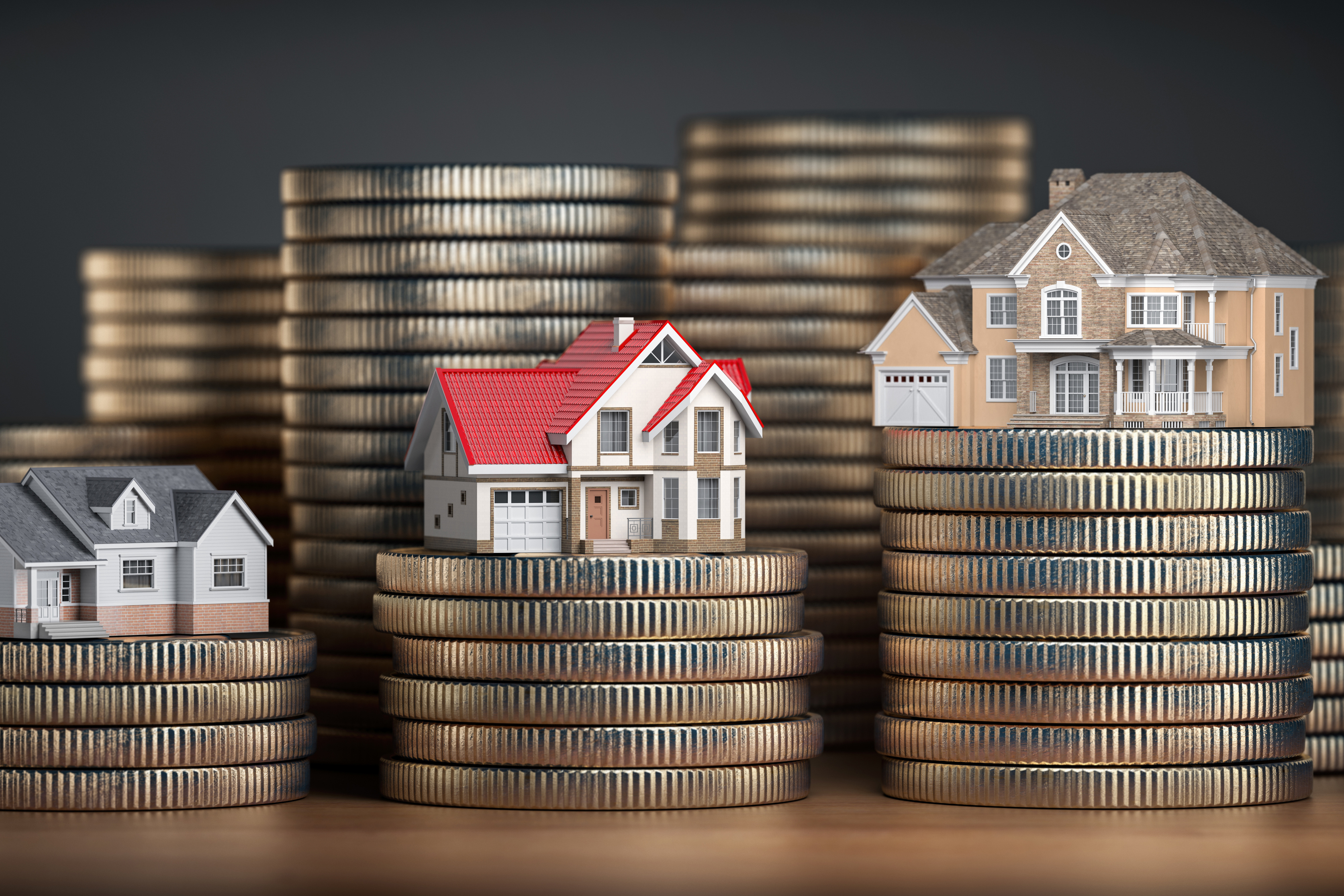

With our All Ords beating 7000 for the first time ever and US stock market indexes in record territory, it’s valuable to ponder whether this positivity for stocks can continue. And it raises the question brought up by market-rising haters, which goes like this: when will this wealth accumulation Ponzi Scheme be exposed?
Many angry predictors of doom on Twitter have declared our property market a Ponzi scheme for ages. And it seems others see all speculation in assets, which of course includes the stock market and the punting that goes on there on what a company is worth, as other examples of a Ponzi fraud.
One over-committed capitalism-hater thinks when the next market collapse happens that there will be lawsuits by an outraged public misled by banks, brokers, financial planners, other financial product sellers and I guess the media, who didn’t hold everyone’s hand so they could never lose!
The issue is even more relevant with interest rates so low that many risk-avoiding investors and retirees are unable to make life work on term deposits so they are forcing themselves up the risk curve. Note my language — “forcing themselves up the risk curve” — and I say that because it is their choice.
I really wish they didn’t have to force themselves to take more risk but if the government-protected term deposits are too low to have a decent living, then the choice is to take more risk or eat into your capital and wait it out and/or reduce your spending each year to cope.
None of these choices are easy but the global economy is what it is and interest rates will be low for a long time, so we all have to take on more risk.
As a financial adviser and commentator, I go to great pains to explain that if you chase higher returns, do it with quality assets and quality names. It means the higher the return ‘promised’, the more wary you should be about the investment/saving product or the more prepared you should be about the fact your capital can go up but, importantly, down!
At least if you are in quality assets, their value ultimately should return. The CBA stock is a quality asset but its share price goes up and down and your capital goes with it. Have a look at this chart and see how your capital would’ve changed after the GFC.

Before the 2008 crash of stocks, CBA traded around $60 but by 23 January 2009, it went to nearly $23. But look at what happened since — as high at a tick under $96 and is now $82.48.
Yep, your capital is at risk with non-term deposit assets or government bonds from risky countries but when it comes to say quality assets like the CBA and other companies/assets, there is a damn good chance that their values will rebound over time. In addition, many have a great history of paying dividends as great properties pay good rental incomes.
That said, market crashes and severe recessions will create tough times for asset speculators and even investors, as share prices, property prices, dividends and rents can fall, which means you have to go into money-making or wealth accumulation strategies with your eyes open. You can lose but that loss should be for a time and not forever, if you are in quality assets.
And that’s why I object to market-haters tagging wealth accumulation as a Ponzi scheme. A Ponzi scheme created by a US-based Italian named Charles Ponzi, is a fraud that lures in investors and pays profits to earlier investors out of the new funds from new investors who have been attracted to the ‘investment’ by the great returns.
The action of buying property or quality shares or well-based funds has a history of seeing these values rise over time, overcoming recessions and market crashes. But I do worry that a Great Depression Mk II could really be a bummer that means the wait for a price comeback could be a lot longer than everyone expects, compared to when they first went into the investment.
That’s why I watch economic and market facts, as well as political/regulatory developments day-by-day, looking for signs that our optimism needs to turn to pessimism.
These are tricky times, with the likes of Donald Trump, climate change, unbelievably low interest rates and technological developments that goggle the mind. But for now the pluses are beating the negatives so being invested is rational, albeit more risky now than in 2009 when this bull market for stocks started.
Someone has to do this job and I’m up for it, so keep watching this space and remember the fact that stock and property prices go up and down, it doesn’t make them Ponzi schemes.
Stick to quality, be diversified and don’t be too greedy. If you ignore this advice, you could end up in a Ponzi scheme. And remember my favourite piece of investment advice: “If you don’t understand it, don’t invest in it.”